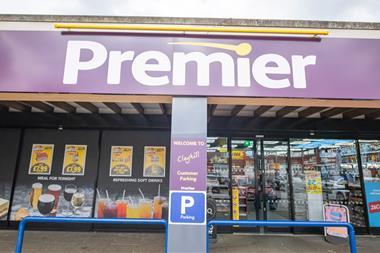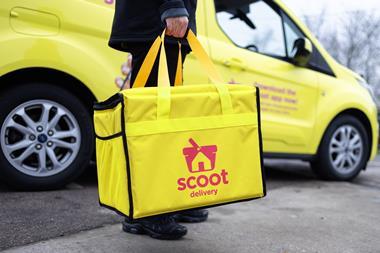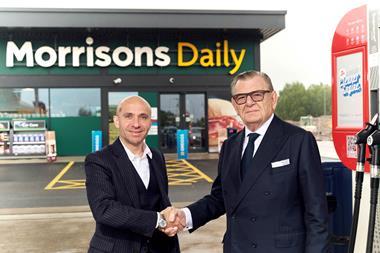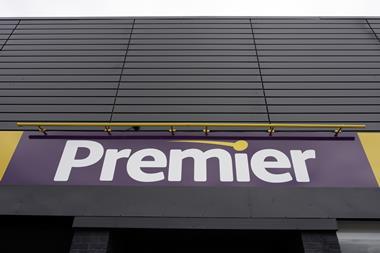Charles Wilson is a canny one. The CEO of Booker has done a great job since returning to his old stomping ground, and the latest quarter's 6.4% like-for-like growth confirms the progress.
Indeed, coming in the same week M&S announced a 4.2% decline in sales provides a delicious contrast with his former employer. One wonders how M&S might be performing if Wilson were still there, but he preferred humble Wellingborough to the glamours of Waterside House. And while Sir Stuart grapples, it's Wilson that's smelling of roses right now.
But it's Booker's move to set up a wholesale operation in India (p5) that really demonstrates Wilson's canny entrepreneurial spirit. And it forces one to compare his performance with an even greater force in grocery retail: the mighty Tesco. By the summer, Booker's new cash & carry business in Mumbai will be operational at a cost of £1m. Compare that with the £60m Tesco has committed to three hubs on the sub-continent.
How long it will be before Tesco's wholesale operation is up and running, the Cheshunt crew won't say. But while Tesco sets about creating the infrastucture to support a logistics business on a decent scale, which is always a challenge in a third world country but never more so than in India, Booker's more humble aim is to slip in and serve the established grocery scene. Targeting an independent chain called Kirana, and also small restaurateurs and mom and pop food stalls, will attract none of the criticism or protests that a threatening multinational such as Tesco (or Wal-Mart or Metro or Carrefour) seems to elicit.
This is not to say Tesco won't be successful in India, nor that success in India is guaranteed for Booker.
But I wouldn't mind guessing that if both are successful, the ROI on a measly £1m will be far higher.
Indeed, coming in the same week M&S announced a 4.2% decline in sales provides a delicious contrast with his former employer. One wonders how M&S might be performing if Wilson were still there, but he preferred humble Wellingborough to the glamours of Waterside House. And while Sir Stuart grapples, it's Wilson that's smelling of roses right now.
But it's Booker's move to set up a wholesale operation in India (p5) that really demonstrates Wilson's canny entrepreneurial spirit. And it forces one to compare his performance with an even greater force in grocery retail: the mighty Tesco. By the summer, Booker's new cash & carry business in Mumbai will be operational at a cost of £1m. Compare that with the £60m Tesco has committed to three hubs on the sub-continent.
How long it will be before Tesco's wholesale operation is up and running, the Cheshunt crew won't say. But while Tesco sets about creating the infrastucture to support a logistics business on a decent scale, which is always a challenge in a third world country but never more so than in India, Booker's more humble aim is to slip in and serve the established grocery scene. Targeting an independent chain called Kirana, and also small restaurateurs and mom and pop food stalls, will attract none of the criticism or protests that a threatening multinational such as Tesco (or Wal-Mart or Metro or Carrefour) seems to elicit.
This is not to say Tesco won't be successful in India, nor that success in India is guaranteed for Booker.
But I wouldn't mind guessing that if both are successful, the ROI on a measly £1m will be far higher.



















No comments yet